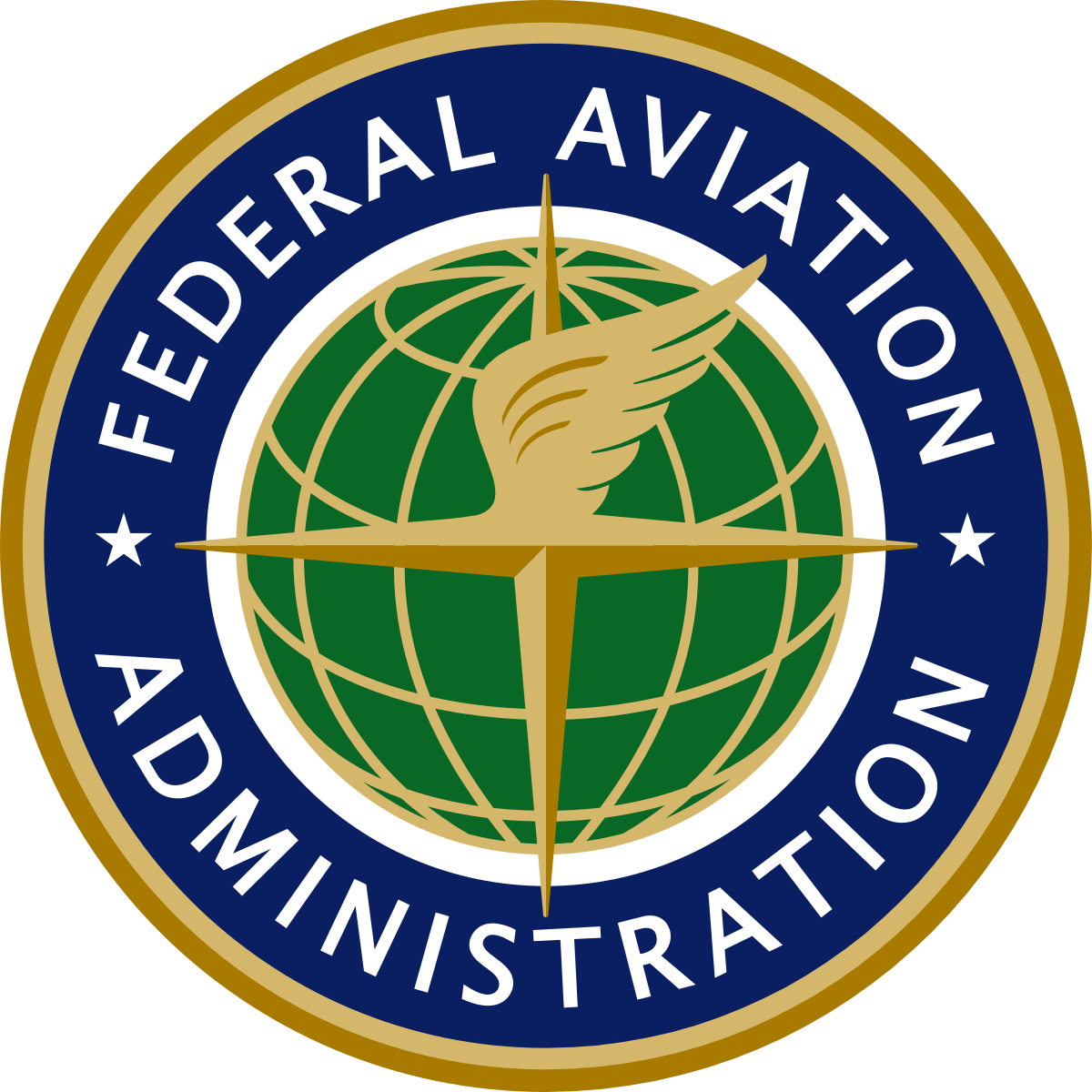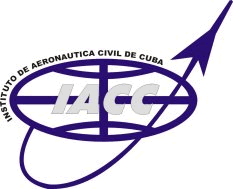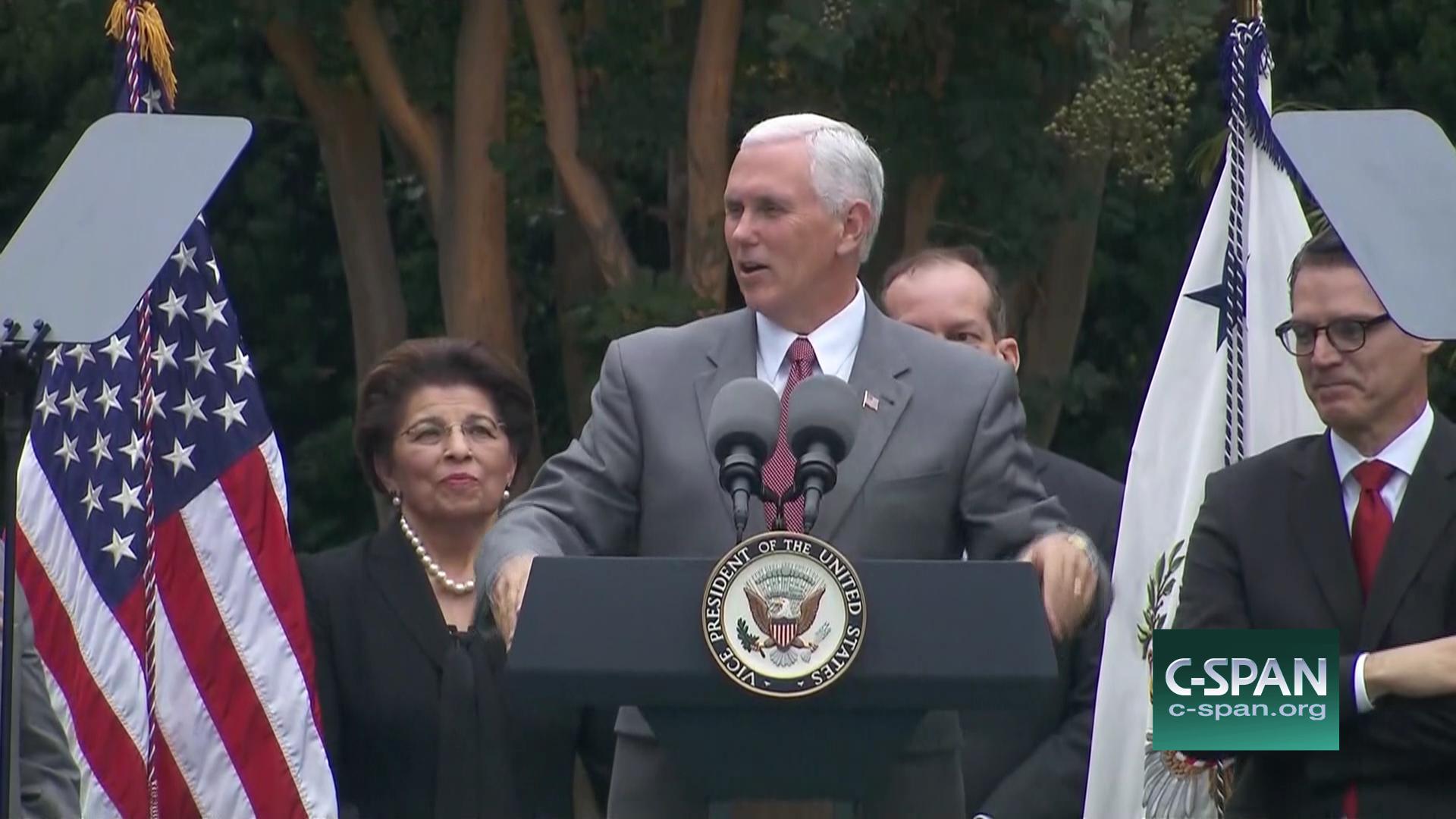Press Releases: Senior State Department Officials on Cuba
Special Briefing
Senior State Department Officials Via Teleconference
September 29, 2017
MODERATOR: All right. Good morning, everyone. Thanks so much for joining us for this background call on Cuba. We are pleased today to have [Senior State Department Official One] join us. He will be known as Senior State Department Official One, and then [Senior State Department Official Two] joins us as well. He’s Senior State Department Official Two.
A reminder: This call is embargoed until 11:00 a.m. Eastern Time today. And with that, I’ll let the briefers start. [Senior State Department Official One]?
SENIOR STATE DEPARTMENT OFFICIAL ONE: Yeah, good morning. On September 29th, the Department ordered the departure of nonemergency personnel assigned to the U.S. embassy in Havana, as well as all family members. Over the past several months, at least 21 U.S. embassy employees have been targeted in specific attacks. The health, safety, and well-being of our embassy community are our greatest concerns. Investigations into the attacks are ongoing, as investigators have been unable to determine who or what is causing these attacks.
Until the Government of Cuba can assure the safety of U.S. Government personnel in Cuba, our embassy will be reduced to emergency personnel so as to minimize the number of U.S. Government personnel at risk of exposure. The remaining personnel will carry out core diplomatic and consular functions, including providing emergency assistance to U.S. citizens in Cuba. Routine visa operations are suspended indefinitely. Short-term travel by U.S. Government officials to Cuba will also be limited to those involved with the ongoing investigation or who have a need to travel related to the U.S. national security or crucial embassy operations. The United States will not send official delegations to Cuba or conduct bilateral meetings in Cuba for the time being. Meetings may continue in the United States.
The Department will issue a Travel Warning for U.S. citizens not to travel to Cuba, and informing them of our decision to draw down our diplomatic staff. The Travel Warning will note that over the past several months, numerous U.S. embassy employees have been targeted in specific attacks. These employees have suffered significant injuries as a consequence of these attacks. Affected individuals have exhibited a range of physical symptoms, including ear complaints, hearing loss, dizziness, tinnitus, balance problems, visual complaints, headache, fatigue, cognitive issues, and difficulty sleeping.
The governments of the United States and Cuba have not yet identified the responsible party, but the Government of Cuba is responsible for taking all appropriate steps to prevent attacks on our diplomatic personnel in Cuba. Because our personnel’s safety is at risk and we are unable to identify the source of the attacks, we believe that U.S. citizens may also be at risk and warn them not to travel to Cuba. The Travel Warning will advise U.S. travelers the reduction of staffing at the embassy would impact its ability to offer many routine services to U.S. citizens. Emergency services will still be provided.
I want to stress that the decision to reduce our diplomatic presence in Havana was made to ensure the safety of our personnel. We maintain diplomatic relations with Cuba and our work in Cuba continues to be guided by the national security and foreign policy interests of the United States. We are continuing our investigation into the attacks and the Cuba – the Cuban Government has told us they will continue their efforts as well. We acknowledge the efforts the Cuban Government has made to investigate and its cooperation in facilitating the U.S. investigation, but we have members of our embassy community who have suffered physical harm due to these ongoing attacks in Havana, most recently in late August. The Cuban Government is obligated under the Vienna Convention to take all appropriate steps to protect our diplomats in Cuba.
With that, I’m happy to answer your questions.
OPERATOR: Thank you. And once again, ladies and gentlemen, if you do have a question, please press *1 on your phone.
MODERATOR: Okay. Let’s start with the first question, please.
OPERATOR: That question will come from Elise Labott with CNN. Please, go ahead.
QUESTION: Thanks very much for doing this call. Two questions. First of all, I know you said that you do not know who is responsible. Have you ruled out that possibly a third country could be involved? Specifically, the Russians have had some experience with these type of incidents over the – over history and have maintained a very close relationship with Cuba, so I know that there’s been some suspicion. But are you ruling out a third country?
And then, secondly, you said that Americans could be at risk. It doesn’t seem as if the ambassador or maybe like the very top people in the embassy were targeted. So why do you think that Americans are at risk, and what would you say to – obviously, you need to protect your personnel, but what would you say to those who are concerned that by warning Americans not to go there, this is more of a political – politicization of it?
SENIOR STATE DEPARTMENT OFFICIAL ONE: We have not ruled out the possibility of a third country as a part of the investigation, but that investigation continues and will continue irrespective of the ordered departure. We will continue to investigate this – these attacks and to get to the bottom of them.
With regard to the threat to American citizens, the – there’s no more important mission for the State Department or a U.S. embassy overseas than to protect and advise Americans on potential threats to their safety, health, and well-being. The fact that some of these attacks have occurred in hotels where American citizens could be at and that we have no way of advising American citizens on how they could mitigate such attacks, we felt we must warn them on not to travel to Cuba until we understand and know more about the source and means and ways to mitigate these attacks that are occurring.
MODERATOR: Okay. Thank you. Let’s please keep your questions to one per person. We have a lot of people on the call and want to make sure we get around.
Next question, please.
OPERATOR: And that question will come from Andrea Mitchell with NBC. Please, go ahead.
QUESTION: When you say that the Cuban Government is cooperating, can you give us any more information about whether or not their offer to have the FBI go has been responded to, whether the FBI is on the ground in Havana? Who is investigating this for the U.S. Government in Havana and how far along has the investigation come? What – how would you describe the status of the investigation?
SENIOR STATE DEPARTMENT OFFICIAL ONE: I would describe the cooperation that the Cuban Government has given to our efforts to understand what is happening in this – these attacks to have been ongoing, and we expect it to continue. With respect to questions related to the investigation, I would refer you to the Department of Justice.
MODERATOR: Next question, please.
OPERATOR: That will come from Rich Edson with Fox News Channel. Please, go ahead.
QUESTION: Good morning. Was the Secretary seriously considering closing the embassy? And are there any reports of non-government employees affected? Any sense that the attackers know specifically who they are attacking? Are they targeting senior employees or intelligence personnel over others?
SENIOR STATE DEPARTMENT OFFICIAL ONE: The first question – the evaluation to go to ordered departure took a look at our entire embassy operation and we are moving to an ordered departure that retains emergency staff so that we can provide basic services to American citizens and fulfill our diplomatic mission. With respect to whether there are any reports to American citizens, we are not aware of any American citizens; reports have been made to us, the Department of State. But nonetheless, given the significance of these attacks and the fact that they’ve occurred in hotels, we believe without any means to mitigate them we must warn American citizens not to travel to Cuba.
MODERATOR: Next question, please.
OPERATOR: The next question is from Michele Kelemen with NPR. Please, go ahead.
QUESTION: Yeah, hi. I’m wondering if you can give us a sense of how big the ordered departure is. Is it more than half of the embassy? And then is the U.S. also expelling any Cubans, or is there any follow-up on that? Is there – are you satisfied with the Cuban assurances that they haven’t carried out these attacks?
SENIOR STATE DEPARTMENT OFFICIAL ONE: The ordered departure will result in more than half of the embassy footprint being reduced. The – I’m sorry, could you repeat the second part of that question?
QUESTION: Are you asking Cubans to send anybody home?
SENIOR STATE DEPARTMENT OFFICIAL ONE: I have nothing to report on that – on that issue at this time.
MODERATOR: Next question, please.
OPERATOR: The next question comes from Margaret Brennan with CBS News. Please, go ahead.
QUESTION: Hi. Thanks for doing this call. My question is you pointed out that these attacks appeared to have stopped in August. Do you see that in some way as a success that after you have raised concerns and shown that you have knowledge of what’s going on that these attacks appeared to have stopped? And can you explain why you use the word “targeted” in describing these attacks? You haven’t really said who was targeted, but why do you think that this is, in fact, intentional, and who has been targeted?
SENIOR STATE DEPARTMENT OFFICIAL ONE: First, I don’t believe I said the attacks have stopped. I believe I said that the last reported attacks were in August. I think because of our concern for the safety and well-being of our staff, that is why we’re going to ordered departure. We don’t know the means, the methods, or how these attacks are being carried out, and so I could not characterize them as having stopped in August.
Separately, targeted in the sense – only in the sense that 21 of our diplomats have suffered from these different attacks, and it does appear that U.S. embassy personnel are most at risk. But we cannot rule out, given the nature of these attacks, that the American public traveling in Cuba might not also be at risk as well.
MODERATOR: Next question, please.
OPERATOR: The next question is from Conor Finnegan with ABC News. Please, go ahead.
QUESTION: Hey, thanks very much for holding the call. Previously we’ve referred to what’s going on in Cuba as “incidents,” and now you’re using the term “attacks.” I’m wondering why the change in terminology. And among the many injuries that you had listed you didn’t mention traumatic brain injury, which the American Foreign Service Union has mentioned. So are you denying that TBI is one of the symptoms that American diplomats have had? Thank you.
SENIOR STATE DEPARTMENT OFFICIAL ONE: The Secretary of State has said very clearly that these are health attacks and they are affecting the health and safety and well-being of our staff. I’ve listed out the physical symptoms that have been present – presented. I don’t think it’s in my competence to describe a medical diagnosis or specific syndromes or conditions.
MODERATOR: Next question, please.
OPERATOR: The next question is from Felicia Schwartz with Wall Street Journal. Please, go ahead.
QUESTION: Thanks for holding the call. Can you talk a little bit more about the meeting that Secretary Tillerson had with his Cuban counterpart earlier this week? Did the Secretary tell him that this would be coming? Did the Cuban foreign minister try to convince the Secretary otherwise? Did he try to guarantee the safety of American diplomats? Were you not satisfied with those conversations?
SENIOR STATE DEPARTMENT OFFICIAL ONE: I’d refer you both to our readout of the conversation and the Cuban readout of those conversations, which I think actually captured both sides’ conversation.
MODERATOR: Next question, please.
OPERATOR: And just as a quick reminder, if you do have a question, please press *1 at this time. Our next question comes from Carol Morello with Washington Post. Please, go ahead.
QUESTION: Hi. Thanks for doing this. Say, so you mentioned this happened in hotels. I’m wondering if anyone other than diplomats has been affected, like any other guests that you’re aware of and maybe some of the diplomats who have been living in the hotels, if that’s possible. If you could give us some idea of whether it’s only diplomats in hotels and if they’ve been living there, and if any Cuban staff at the embassy have been injured. Thank you.
SENIOR STATE DEPARTMENT OFFICIAL ONE: The staff who were affected at hotels were temporary duty staff at the embassy. I will let my colleague answer as to whether we have any staff resident at the hotel. I do think there are times when people are arriving and leaving that they may be out of living quarters, that they might be in the hotel, so I don’t want to say definitively people don’t live there, because there’s transition periods. But there have been attacks at the hotel. They have been – they have involved our U.S. personnel, and that’s what I know.
SENIOR STATE DEPARTMENT OFFICIAL TWO: I would just add we’re not aware of any hotel staff or other individuals who have been attacked or suffered these systems beyond the U.S. Government personnel at the hotel. And in terms of our Cuban staff at the embassy, we’re not aware of any incidents involving them or attacks involving them. The victims that we’re aware of are the 21 U.S. Government personnel.
MODERATOR: Next question, please.
OPERATOR: The next question is from Francesco Fontemaggi with AFP. Please, go ahead.
QUESTION: Hi, thanks for doing this. Can you tell us when and how the Cuban authorities were informed of your decision, and even if you say that you maintain relation with Cuba, don’t you feel that there could be consequences given they say they will respond to that decision while withdrawing some personnel from Cuban embassy in the States? Thank you?
SENIOR STATE DEPARTMENT OFFICIAL ONE: We have repeatedly throughout this process had conversations with the Cuban Government at different levels, both in Havana and in Washington, and communicated our concerns to them. I want to clarify perhaps this characterization on my part. The accurate readout is the readout we issued of the meeting. The Cuban – I refer you to the Cuban statement for their characterization of the meeting, which reflects their views and may not – which we may not necessarily agree with in total. But we have – we do have areas of disagreement with the statement.
MODERATOR: Okay. [Senior State Department Official One], you have to go with --
SENIOR STATE DEPARTMENT OFFICIAL ONE: Yeah, I do.
MODERATOR: Okay. So [Senior State Department Official One] needs to run. Our [Senior State Department Official Two] will take over. [Senior State Department Official One], thank you so much. I know you have a lot of calls and a lot of work to do today.
SENIOR STATE DEPARTMENT OFFICIAL ONE: Yep, thank you.
MODERATOR: Okay, folks, stand by one second. Okay, [Senior State Department Official Two]. Next question, please.
OPERATOR: And that’ll come from the line of Gardiner Harris with New York Times. Please, go ahead.
QUESTION: Hey guys, thanks for doing this. Maybe you can clarify the – what you think the Cuban Government’s role or not role or have you ruled out the idea that – in other words, do you know definitively that this is a Cuban Government operation? Do you have reason to suspect that it’s not a Cuban Government operation? That would help us explain why you’re not kicking out Cuban Government officials in the United States and you’re not taking more sort of punitive actions against the Cuban Government.
SENIOR STATE DEPARTMENT OFFICIAL TWO: Yeah, no, no, thanks. As [Senior State Department Official One] mentioned, the investigation continues, but at this moment we don’t have definitive answers on the source or cause of the attacks. And so I really can’t speculate on engagement or not by Cubans or others parties. The investigation’s ongoing and we will see where the facts lead us in terms of cause or source.
MODERATOR: Next question, please.
OPERATOR: The next question is from Krishnadev Calamur with The Atlantic. Please, go ahead.
QUESTION: Thanks for doing this. If American diplomats have been at risk, why aren’t you removing everyone?
SENIOR STATE DEPARTMENT OFFICIAL TWO: There was a careful analysis of both the risk and the estimate of what would be needed to reduce that risk, and one of the measures that was considered prudent was to considerably resist – reduce the number of people present, thereby reducing the exposure – individuals who could be subject to these attacks. And so this was seen as a major step towards addressing some of our vulnerabilities and reducing our exposure.
MODERATOR: Next question.
OPERATOR: That question comes from the line of Bill Faries with Bloomberg. Please, go ahead.
QUESTION: Hey, good morning. Thanks for hosting this call. You say that you’re going to be suspending routine visa operations at the embassy in Havana. How many of those procedures would you typically be carrying out in a month? I’m just trying to get a sense of how many – how many people, how many Cubans, I guess, this affects. And is there anything more you’re doing on the U.S. side besides the warning to limit U.S. citizen travel to Cuba?
SENIOR STATE DEPARTMENT OFFICIAL TWO: I mean, the travel warning is to advise Americans on the risk if they travel to Cuba, and that’s what we’re putting out at this time. We can get you the numbers on a monthly basis in terms of the number of visas that were issued at post. I don’t have that with me right here today.
MODERATOR: Thank you. Next question.
QUESTION: That question comes from the line of Steve Dorsey with CBS News Radio. Please, go ahead.
QUESTION: Thanks for taking my question. I just want to protest why this call isn’t on the record considering there’s no State Department on-camera briefing today. I do want to ask what measures on the ground in Cuba the State Department is taking besides the withdrawal of staffers from the embassy. Is there more security? Are they being placed in different residences? What other measures are being taken?
SENIOR STATE DEPARTMENT OFFICIAL TWO: Yeah, no, we don’t discuss our security postures or security measures.
MODERATOR: Okay. Next question, please.
OPERATOR: The next question comes from Nike Ching with Voice of America. Please, go ahead.
QUESTION: Thank you so much for doing this. My question has been addressed. Thank you.
OPERATOR: Thank you. The next question comes from Franco Ordonez with McClatchy. Please, go ahead.
QUESTION: Hi, thanks for doing the call. I wanted to ask you, is there any more information that you can provide on what is – is this a device? What is the technology that you guys are researching that could produce some of this? Also, I was hoping you could provide a little bit more information on what jobs or what position will be staying in Havana. I know non-emergency will be leaving, so what – what are the roles that will be staying and how will those people be protected?
SENIOR STATE DEPARTMENT OFFICIAL TWO: As I mentioned, we continue to investigate the attacks in Havana. At this stage, we still do not have definitive answers on source or cause of the attacks. I don’t want to get into speculating about types of technology or research or get into the details of our investigation at this point, so can’t go into that details.
MODERATOR: Next question, please.
OPERATOR: The next question is from John Hudson with BuzzFeed News. Please, go ahead.
QUESTION: Hi, thanks. Just following up on that, there’s obviously been a lot of speculation about the sonic device or acoustic device. Is that – and some audio experts have been brought in in the public to sort of address the plausibility of that. Do investigators still believe that that would be a plausible device related to these illnesses?
SENIOR STATE DEPARTMENT OFFICIAL TWO: As I mentioned, the investigation continues and we don’t have any definitive conclusions regarding cause, source, or any kind of technologies that might be engaged or might not have been used.
MODERATOR: Next question, please.
OPERATOR: And the next question is from Sarah Marsh with Reuters. Please, go ahead.
QUESTION: Hi. I’m wondering what kind of visas you’ll still be processing in Havana and how Cubans will be able to seek visas for the U.S. generally.
SENIOR STATE DEPARTMENT OFFICIAL TWO: (Inaudible) is make available – and we’re looking at the possibility of people being able to apply for visas at embassies or consulates outside of Cuba in other countries. But we haven’t actually made definitive arrangements yet. We’re continuing to look at that. But all of the kind of regular visas or ordinary visas would not be issued through Havana.
MODERATOR: Next question.
OPERATOR: That question comes from the line of Michele Kosinski with CNN. Please, go ahead.
QUESTION: Hi, thank you. I know you don’t want to speculate, but I’m just wondering your change in terminology from “incidents” to “attacks” in a day’s time. Does that rule out, then, that this was something related to surveillance equipment, which would be an – having unintentional consequences of hurting these staffers? And also, the people who are left in Cuba, are they not at risk or are they at risk? Thanks.
SENIOR STATE DEPARTMENT OFFICIAL TWO: Yeah, no, in terms of technology, again, I would say the investigation’s not reached definitive conclusions on any, again, source, cause, type of technology that may or may not have been employed. So I’m not going to comment or speculate on what’s been ruled out or ruled in. I think the investigators are looking at the whole range of possibilities.
The purpose of the ordered departure is to reduce the numbers of Americans who are vulnerable to exposure from these possible – from further attacks or possible future attacks. The individuals at post – it does not mean that they are not risk, but by reducing the overall numbers of people, we have substantially reduced the number of people at risk and therefore reduced the exposure of the U.S. Government personnel.
MODERATOR: Okay. Thanks, folks. We’re going to have to end the call, and as a note at the end, I’d like to say that the Secretary, we expect, will be addressing this later in a statement today. He will be on the record. We feel that it’s important for the Secretary to make his firm position known, and that is why this call is on background. We will await the Secretary’s statement and we will put that out through our normal channels. Again, this call is embargoed until 11:00 a.m. Eastern Time, Senior State Department Official One and Senior State Department Official Two. Thank you so much and we’ll talk to you real soon.



























